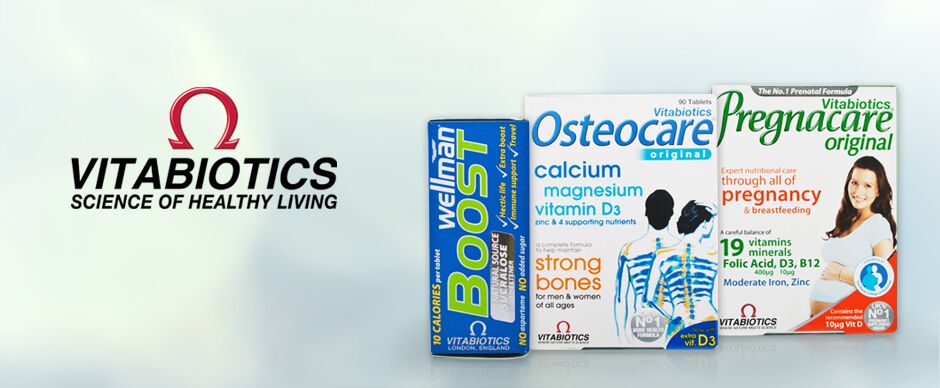
Calcium
What are the benefits?
Calcium is vital for the maintenance of strong bones. It is also important for strong teeth since the part of the tooth underneath the outer enamel has a structure very similar to that of bone. Calcium plays a role in the maintenance of healthy muscles and nerves because it is present in a dissolved form in a wide range of body cells, particularly these tissues. It is important in muscular growth and contraction and the transmission of nerve impulses. Calcium participates in the protein structuring of RNA and DNA, which contain genetic instructions for the reproduction and growth of all cells. It helps to maintain normal cell membrane permeability, and inhibits the absorption of toxic lead.
What are the natural food sources?
The best natural sources of calcium are dairy products such as milk, yoghurt and cheese, but calcium can also be found in green leafy vegetables, sardines, tofu, baked beans and seafood.
How much do you need?
The recommended daily allowance for calcium is 800 mg per day, but a long-term intake of up to 1500 mg daily is not considered harmful. A good guide is to assume an intake of 300 mg from your general diet, plus 300 mg for each cup of dairy products or one and a half ounce slice of cheese you eat.
Are you likely to be deficient?
Vegans, people watching their weight, or those who do not eat dairy products may not be getting enough calcium from their diet. Calcium deficiency may be associated with aching joints, brittle nails, eczema, elevated blood cholesterol, heart palpitations, hypertension, insomnia, muscle cramps, nervousness, rheumatoid arthritis, rickets, tooth decay. Calcium deficiency is also associated with the symptoms such as convulsions, depression, delusions and hyperactivity.
Are there any interactions?
Persons suffering from kidney stones or kidney diseases should not take calcium supplements. Alcohol may increase your requirement for calcium and some antacids (for indigestion and stomach ulcers) and laxatives can reduce the amount of calcium your body absorbs. Calcium may interfere with the absorption of iron and other trace minerals in the diet.
Calcium can be found in the following products:
Osteocare Liquid 200 ml, Osteocare Fizz, Osteocare 30 Tablets, Osteocare 90 Tablets.
The levels of vitamins and minerals contained within all Vitabiotics' products are within the safe levels published by the Health Food Manufacturers Association and elsewhere. Note - this material is provided for information purposes only. While Vitabiotics has taken steps to ensure it is as factual as possible, we cannot provide any guarantee on the reliability of all information contained herein or the reliability of facts obtained from other information sources.

